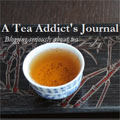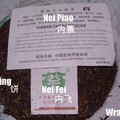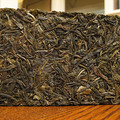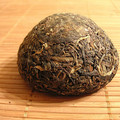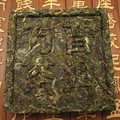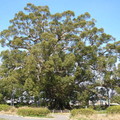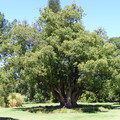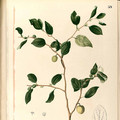 1 review
Added 01.08.2013 by Eternal Spring,
Tea status: [231] A
7141x
1 review
Added 01.08.2013 by Eternal Spring,
Tea status: [231] A
7141xCategory: Pu-erh
Country: China
Province: Yunnan
Harvest: early spring raw material from 2007-2009 mao cha
Producer: Menghai Tea Factory
Shop: Yunnan Sourcing

Tags: Sheng - Raw Puerh , Cake , Menghai , Tea from 2005 till 2010
Description:
This is a newer Menghai release, first released in 2005 and then again in 2006, 2007, and 2008. This recipe is comprised entirely of Menghai county early spring raw material from 2007-2009 mao cha. It's special characteristics are bitter, pungent, aromatic and thick and full in the mouth. The tea quickly causes salivating in the mouth and cha qi is warming.
Tightly rolled leaves lock in the pungent aroma!
Producer: Menghai Tea Factory
Vintage: 2009 / Batch 901
Tea Weight: 357 grams
42 cakes per case

 Shops
Shops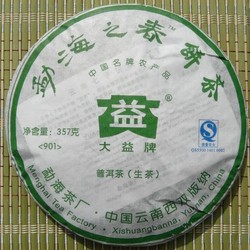






 Share on Facebook
Share on Facebook











